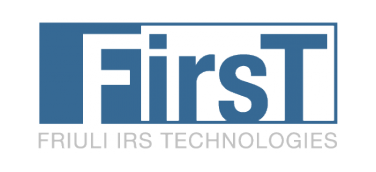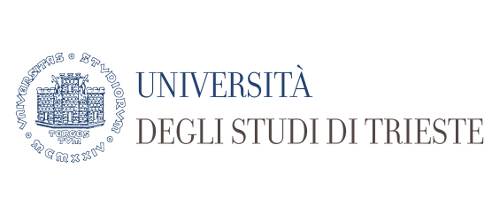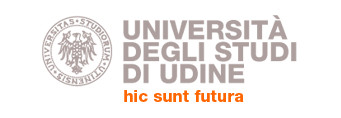The Project
Bacterial biofilms are communities of microorganisms with a high colonizing capacity of surfaces and environments. Among the main causes of microbial contamination, biofilms can generate various health, environmental, domestic and industrial risks. For this reason, in contexts where they represent a hygienic-sanitary problem it is necessary to put in place extraordinary sanitization interventions, whose side effects, however, can have negative consequences. In order to avoid invasive interventions, it is therefore necessary to develop early detection and monitoring systems for microbial biofilms, in order to be able to use them in contexts and systems that are difficult to access (such as tubes, membranes of medical devices or household appliances). The partners, starting from the characterization analysis of the different microorganisms, during the project will be able to develop an innovative bacterial biofilm detection and monitoring system based on opto-mechanical sensors that can be widely used in different operating environments.
Smart Health specialization Area
Biomedical Technologies, in Vivo and in Vitro Diagnostics
Start date
December, 2018
End date
June, 2020
Total project
€ 510.734,58
Total grant
€ 374.125,41
Results
By the end of the BIOSAFE project an integrated opto-mechanical sensors system will be developed for the monitoring of the microbial biofilms in all environments in which these represent a health and hygiene risk. The BIOSAFE system will be developed in an operating environment that represent the household appliance industry, and it will be easily employed in various industrial sectors: from the agri-food to the biomedical, from the domestic to the environmental sector.
Target
The BIOSAFE project aims to develop an innovative and compact opto-mechanical sensors system for the monitoring of bacterial biofilm growth and the effectiveness of sanitizing treatments, in order to determine their effectiveness and the times of use and dosage. The BIOSAFE system will be optimized and validated to allow its application in the domestic equipment sector, thanks to the collaboration with Electrolux, a leading company in the household appliances market.





